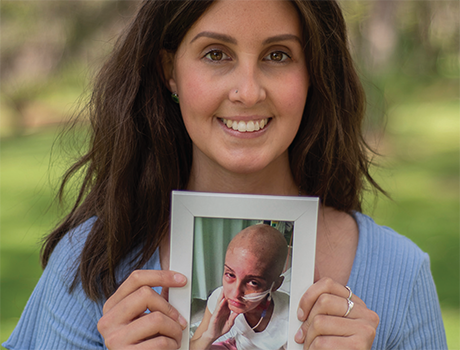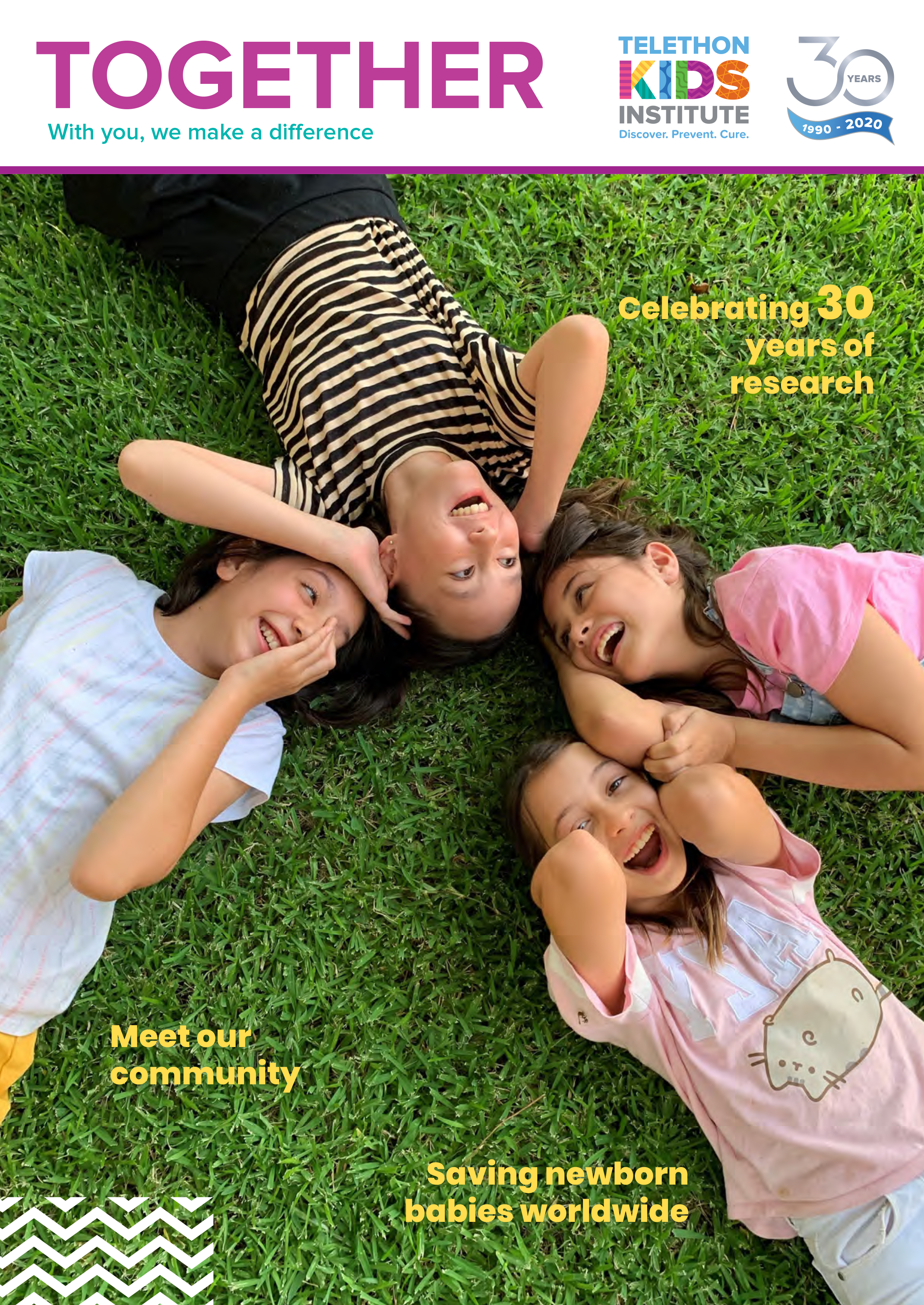Search
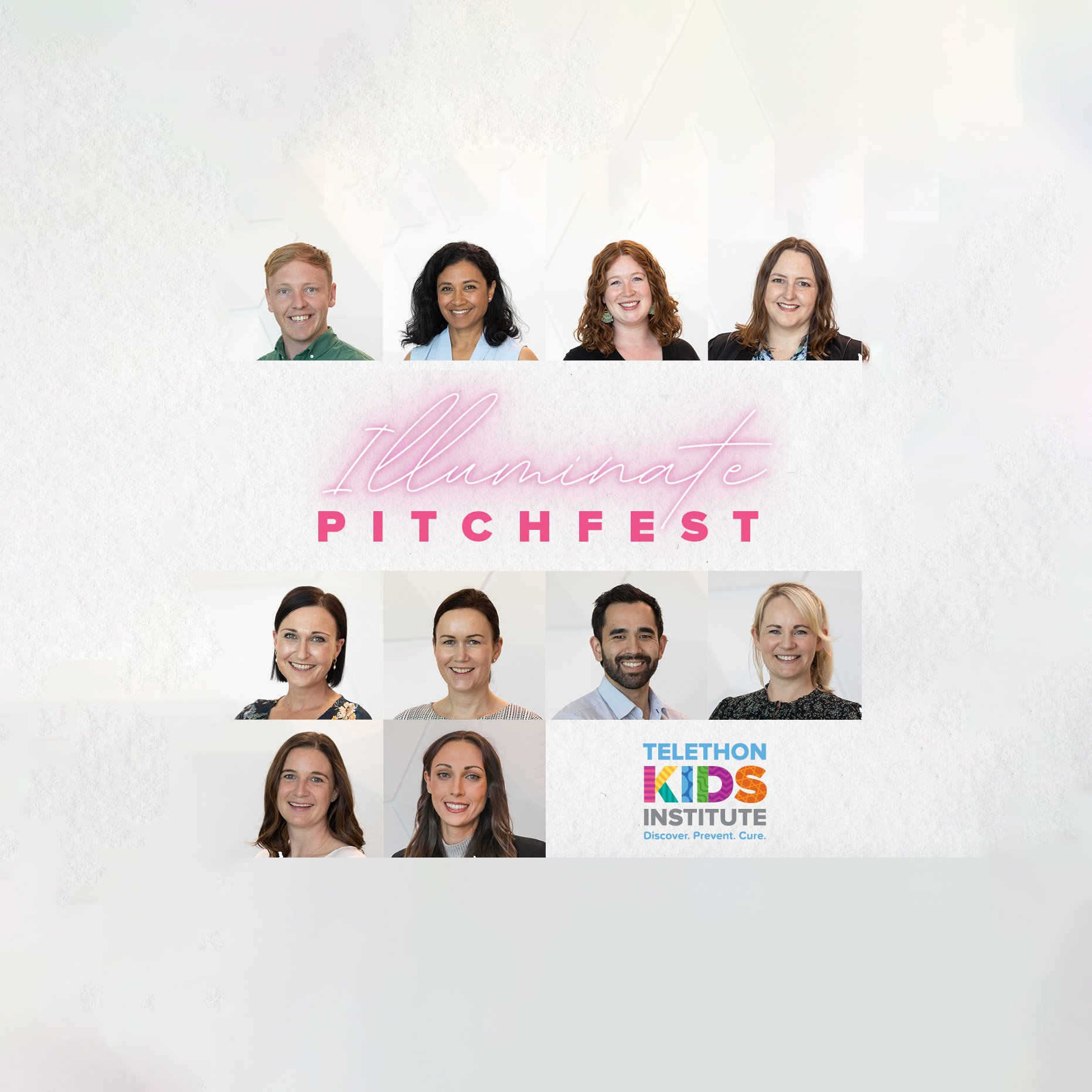
At The Kids our greatest asset is our people. We are strongly invested in the future of child medical research welcoming, nurturing, and encouraging the best and most innovative Australian and international researchers.

Dr Samantha Carlson is an early career mixed-methods social scientist, leading research that seeks to understand how to improve access to and understanding about vaccination.

After 20 years at the Institute, Hannah’s career has been a whirlwind of discovery and dedication.
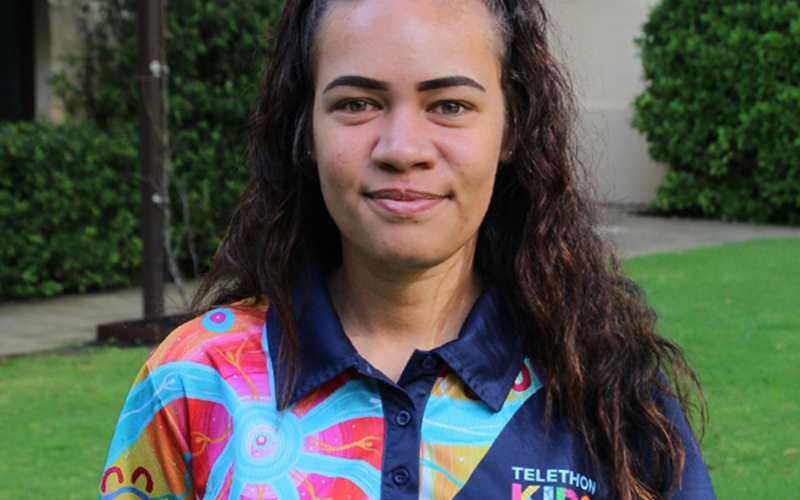
Jordeana Howard is a proud Yawuru, Nyul Nyul & Kija woman from the areas of Broome, Beagle Bay & Alice Downs, and a recipient of a The Kids Research Institute Australia STARS Award.
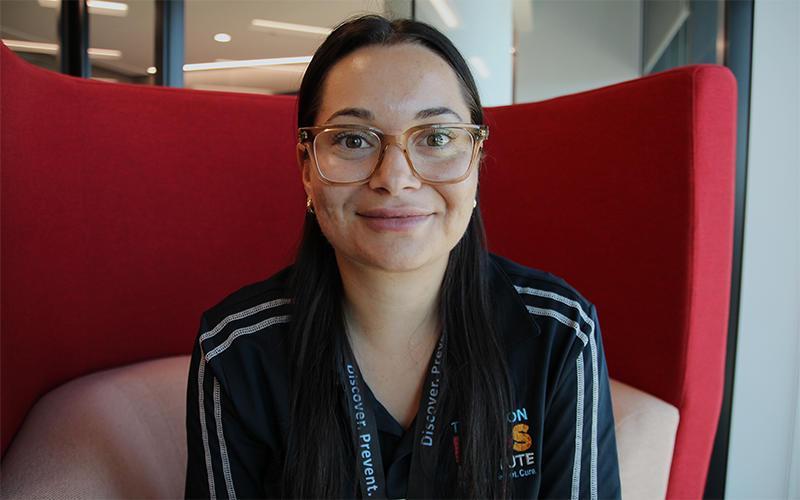
Jacinta Walton is a bright and energetic powerhouse and proud Noongar woman who joined The Kids in 2019, and was recently named a STARS Award recipient.
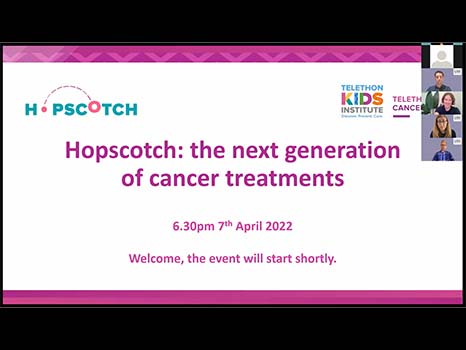
Our first Hopscotch event of 2022 explored exciting new frontiers of cancer treatments happening in the WA Kids Cancer Centre.
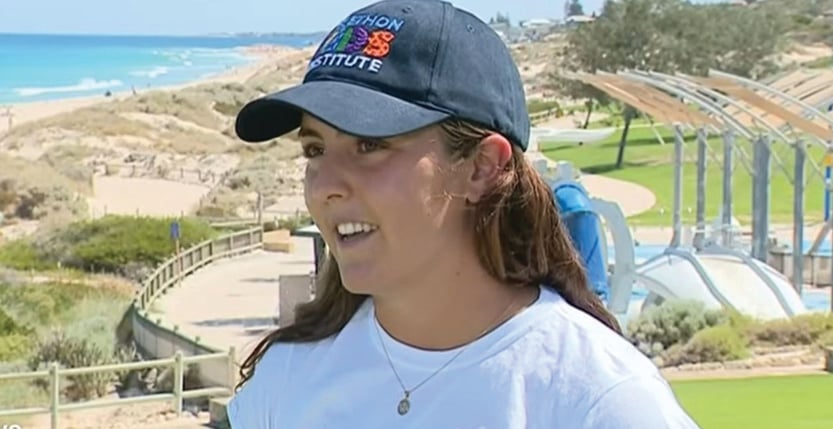
We were honoured to hear the story of the incredible Darcey Brooks who is tackling the Rottnest Channel Swim this Saturday to help raise money for research here at The Kids.
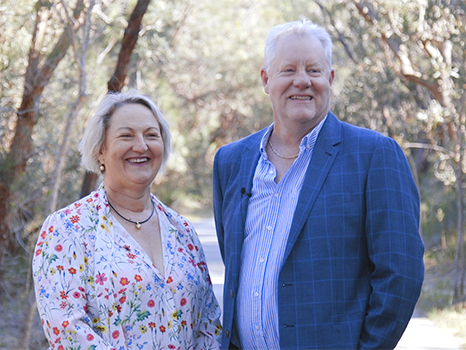
‘Tis the season of giving. Unconditional giving means you directly power all our research to help more kids live happier, healthier lives.

